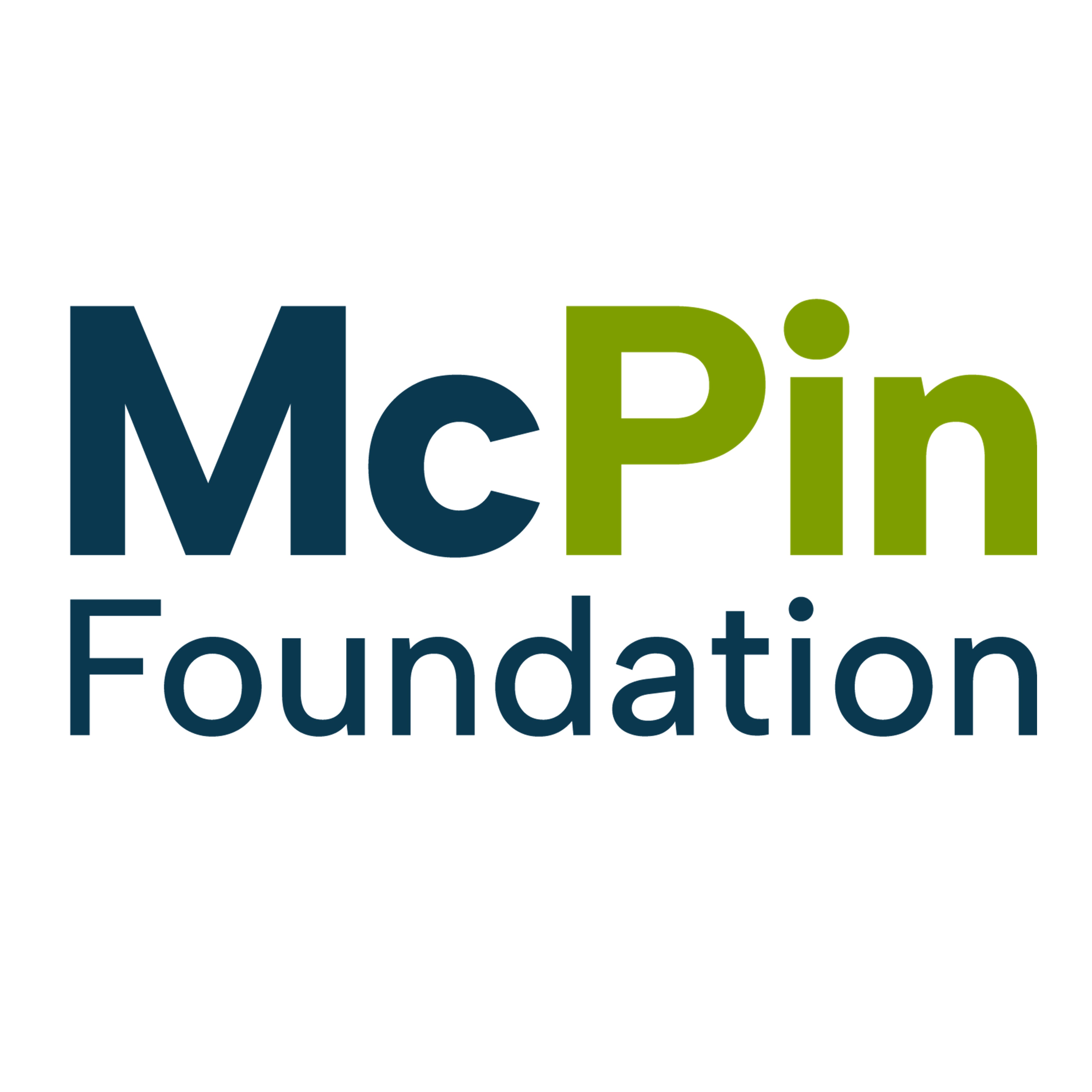Why do PPIE?
We believe PPIE is crucial in research because it ensures studies are relevant to the real needs and concerns of people with lived experience (PWLE) and communities. It develops trust through transparency and ethical accountability.
PPIE also improves the quality of research by incorporating diverse perspectives, increasing the likelihood that research findings will be adopted into practice, leading to improved health outcomes and stronger policy impacts.
It’s been shown PPIE enhances recruitment and retention, and promotes equitable access to healthcare. In many cases, funding bodies now require patient and public involvement, making it a key factor in obtaining research grants.
Who do we involve?
At the MHP, PPIE may involve people with personal experience of having SMI themselves, as well as their close family, carers and representative organisations.
How do we support PPIE?
For people affected by severe mental illness, there has often been separation between what the community wants and what research produces. Our aim is to ensure that our research meets the needs and priorities of PWLE while ensuring public trust and confidence.
We facilitate meaningful involvement of people with lived experience in all our research.
All six MHP Hubs have already engaged with PWLE and have developed groups that will assist their involvement in research. There is a breadth of expertise across the MHP, ranging from engagement with PWLE to full co-production and there is a clear opportunity for each Hub to learn, share their experiences with others and transform common practices.
Working with McPin
Our PPIE development has been guided by The McPin Foundation, a mental health research charity. We continue to work closely with them.

Hear from someone with lived experience
Dr Annabel Walsh is the Senior Public Involvement in Research Manager at the McPin Foundation.
Working from a lived experience perspective of SMI herself, she co-leads the PPIE workstream for the Hub for Metabolic Psychiatry and is a PPIE Steering Group member for the UKRI Mental Health Platform to champion the voices of people with lived experience of SMI.
Learn more about McPin
